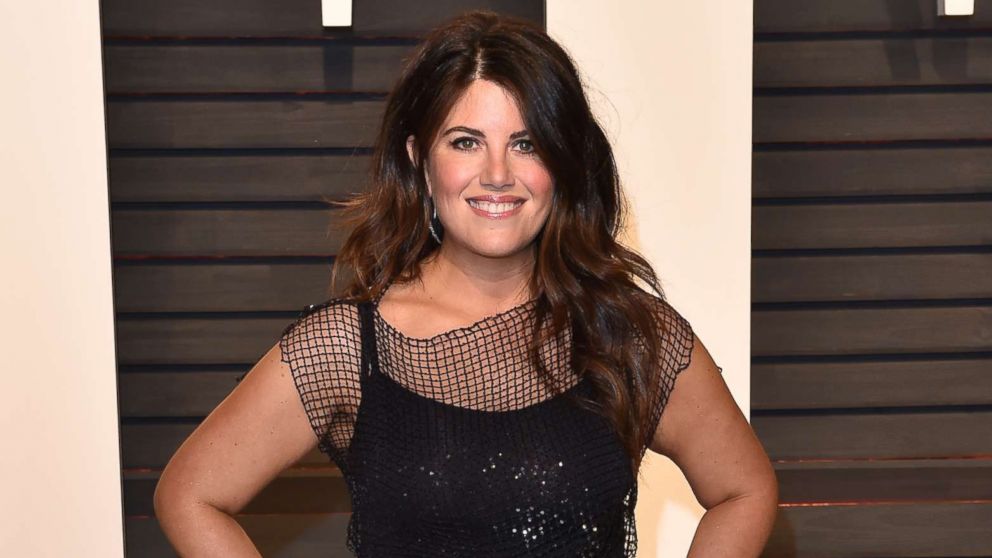


About 20 years after Monica Lewinsky's extramarital affair with former President Bill Clinton became public knowledge, the one-time White House intern is opening up about the experience in a new essay for Vanity Fair.
Lewinsky, now an anti-bullying advocate, revealed that she was diagnosed with post-traumatic stress disorder as a result of the ordeal, and she has re-examined the nature of her relationship with Clinton in light of the #MeToo and Time's Up movements.
Stating plainly that theirs was a consensual relationship, Lewinsky added that Clinton exercised "a gross abuse of power."
"Now 44, I’m beginning (just beginning) to consider the implications of the power differentials that were so vast between a president and a White House intern. I’m beginning to entertain the notion that in such a circumstance the idea of consent might well be rendered moot," she wrote. "But it’s also complicated. Very, very complicated. ... He was my boss. He was the most powerful man on the planet. He was 27 years my senior, with enough life experience to know better. He was, at the time, at the pinnacle of his career, while I was in my first job out of college."
"Note to the trolls, both Democratic and Republican: none of the above excuses me for my responsibility for what happened. I meet Regret every day," she added.
What happened in the Clinton/Lewinsky scandal?In 1998, Lewinsky became a public figure after news broke that she'd had a sexual relationship with the president. Though Clinton initially denied having the affair, he later admitted to engaging in "an improper physical relationship" with Lewinsky and was charged with perjury by Independent Counsel Kenneth Starr. Ultimately, Clinton was impeached and then acquitted by the Senate.
Reflecting on the experience, Lewinsky said that at the time, she felt very alone despite the support she received from both strangers and her loved ones alike. Though she acknowledges that she made mistakes, Lewinsky wrote that "swimming in that sea of Aloneness was terrifying." The movements #MeToo and Time's Up, she added, seem to be shifting the conversation around sexual misconduct.
"Isolation is such a powerful tool to the subjugator. And yet I don’t believe I would have felt so isolated had it all happened today," she wrote. "One of the most inspiring aspects of this newly energized movement is the sheer number of women who have spoken up in support of one another. And the volume in numbers has translated into volume of public voice."
"I—we—owe a huge debt of gratitude to the #MeToo and Time’s Up heroines. They are speaking volumes against the pernicious conspiracies of silence that have long protected powerful men when it comes to sexual assault, sexual harassment, and abuse of power," she noted. "I know one thing for certain: part of what has allowed me to shift is knowing I’m not alone anymore. And for that I am grateful."